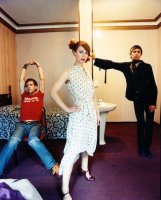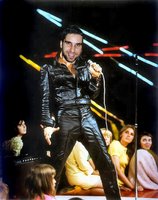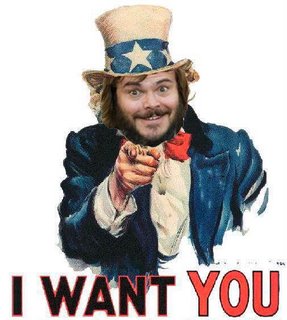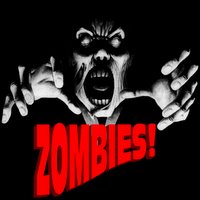 Professor J on
Professor J on
Rainer Maria's Latest
*Chance It'll Melt Your Face Off= 80%*Caithlin De Marrais, the
de facto lead singer of Rainer Maria, always sounded like she was on the edge of a cliff, one good shove away from catastrophe. Her voice was ragged, sharp, careening all over the place. It had no center, no focus. Perhaps that was that fault of her band-mate and sometimes singer, Kyle Fischer. His voice is not pretty; it’s even threatening– so let us point to him as the needle between Caithlin’s shoulder blades.
On the band’s new disc,
Catastrophe Keeps Us Together, that needle has been removed. Caithlin sings like a woman reborn. Her voice is full and in control, the edges are smooth and only gouge you when she wants and needs it to. Because of this difference and also, one suspects, the influence of producer Malcolm Burn (of Emmylou Harris and Bob Dylan fame), the band sounds tighter than ever. Rainer Maria is polished, refined, poised, and ready to attack.
I know polished is a four-letter word in indie land, but here it serves its purpose and serves it well. Now that the frayed edges are gone, we can see inside the songs, hold the lyrics in our hands, and taste the melodies. The opening track, “Catastrophe,” rides a galloping drumbeat and Caithlin is in complete control until the guitars fall in on her at the chorus. Then she lets her voice rip. In Rainer Maria’s earlier days, this would have been an out-of-control mess, manic energy with no destination. Now there is a point– and it’s sharp.
Make no mistake, this is a still a guitar- and drum-driven band. For all of her newfound vocal ability, Caithlin would be lost without the crash-and-strum combination of her band-mates, who know when to pull in the leash and when to let it go. When she sings “You turn me on and off,” in “Life of Leisure,” you wonder if she isn’t referring to the souls behind her.
Although Rainer Maria plays the loud/soft dynamic well, it is still an indie band at heart and its songs are unpredictable. The best track, “Already Lost,” adheres a little too closely to the arena rock-ballad template, but the song is all the better for it. The beat builds and builds, hinting at the booming chorus to come; the cymbals herald its arrival. When Caithlin finally lets loose and booms out, “I waited up all night,” like a heartbroken Cyndi Lauper or a hell-bent Jenny Lewis, you’ll find yourself itching to strike that lighter.
The album closes with a Bob Dylan cover, “I’ll Keep It With Mine.” Although some might see this as a sign that the band has nowhere else to go, at the end of the day, the cover is simple, pure, heartfelt, and in control of its path.
All in all, these are not bad qualities to find in a song or, for that matter, in a band.Labels: Prof. J
Read more!
 Professor J (Pr&-'fe-s&r 'jA) is a post-collegiate, pre-professional twenty-something educator, novelist, bad-ass air guitarist living and rocking in Greensboro, NC. A graduate of Union University and the Univ. of North Carolina at Greensboro, Prof. J is JBB’s resident expert on the culinary arts, female vocalists, long distances, and boy-stuff. We wonder, “Why couldn’t Jay have been such a dish?”
Professor J (Pr&-'fe-s&r 'jA) is a post-collegiate, pre-professional twenty-something educator, novelist, bad-ass air guitarist living and rocking in Greensboro, NC. A graduate of Union University and the Univ. of North Carolina at Greensboro, Prof. J is JBB’s resident expert on the culinary arts, female vocalists, long distances, and boy-stuff. We wonder, “Why couldn’t Jay have been such a dish?”







